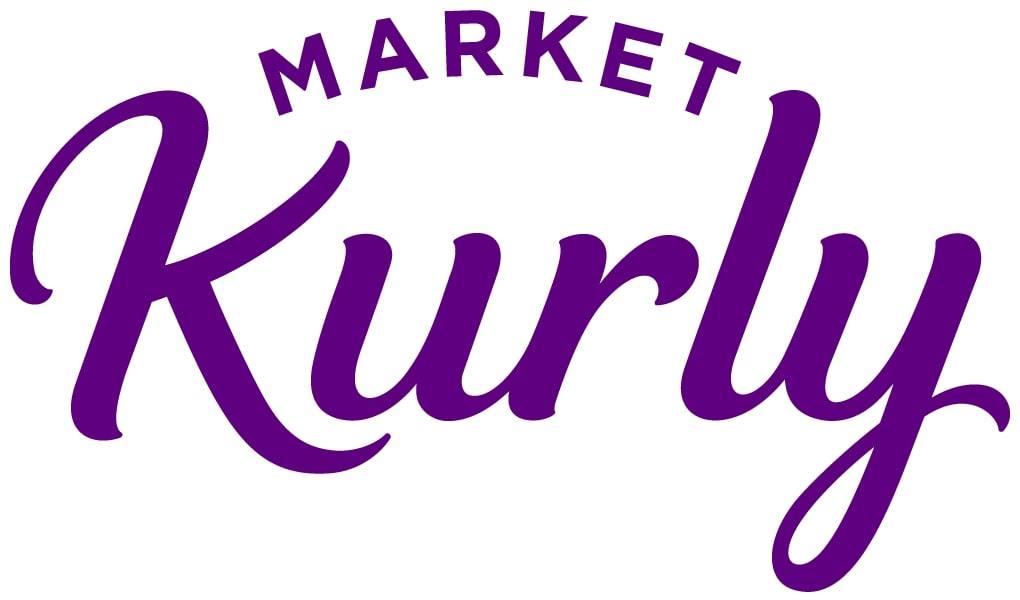
Korean fresh food delivery platform Market Kurly has changed the venue for its planned public debut from the US to the Korean market, as recently relaxed listing regulations and market conditions now give them firm reasons to stay home.
After exploring options of floating its shares in the US or at home, Market Kurly decided to go for the Korean stock market, it said Friday.
“We appreciate domestic customers, producers and suppliers and would like to share the success of the company,” it said in a statement.
The company also attributed the IPO venue change decision to loosened regulations of the local stock market operator Korea Exchange that prioritize the “growth potential” of rising unicorns.
To facilitate IPOs of innovative startups, the Korea Exchange eased its listing regulation in March to allow loss-making companies to go public on the benchmark Kospi as long as their market capitalization exceeds 1 trillion won ($874 million).
Market Kurly also said it has completed raising investment of 225.4 billion won with its corporate value more than doubling from a year ago to 2.5 trillion won.
New investors include Global asset manager Millennium Management and local logistics giant CJ Logistics, as well as existing investors such as Aspex Management of Hong Kong and Sequoia Capital China.
The growth in valuation reflects its drastic improvement in sales.
Its sales more than doubled on-year to 953 billion won in 2020. The number of customers had exceeded 8 million as of May. Still, it has yet to make a profit.
“We will spend the new investment on developing technologies and hiring talented staff,” said Kim Seul-ah, CEO of Market Kurly.
Meanwhile, Market Kurly had initially prepared to debut on Korea’s tech-heavy Kosdaq with Samsung Securities as the main underwriter. But it changed course to make an IPO in the US stock market with Goldman Sachs, Morgan Stanley and JP Morgan, before deciding again to opt for the Korean stock market.








![[Graphic News] More Koreans say they plan long-distance trips this year](http://res.heraldm.com/phpwas/restmb_idxmake.php?idx=644&simg=/content/image/2024/04/17/20240417050828_0.gif&u=)
![[KH Explains] Hyundai's full hybrid edge to pay off amid slow transition to pure EVs](http://res.heraldm.com/phpwas/restmb_idxmake.php?idx=644&simg=/content/image/2024/04/18/20240418050645_0.jpg&u=20240419100350)





![[From the Scene] Monks, Buddhists hail return of remains of Buddhas](http://res.heraldm.com/phpwas/restmb_idxmake.php?idx=652&simg=/content/image/2024/04/19/20240419050617_0.jpg&u=20240419175937)

![[KH Explains] Hyundai's full hybrid edge to pay off amid slow transition to pure EVs](http://res.heraldm.com/phpwas/restmb_idxmake.php?idx=652&simg=/content/image/2024/04/18/20240418050645_0.jpg&u=20240419100350)

![[Today’s K-pop] Illit drops debut single remix](http://res.heraldm.com/phpwas/restmb_idxmake.php?idx=642&simg=/content/image/2024/04/19/20240419050612_0.jpg&u=)